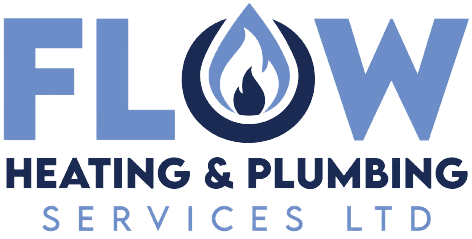Water conservation is not only beneficial for the environment but also for your wallet. By adopting simple practices to reduce water usage, you can make a positive impact on both fronts. In this article, we will explore four effective ways to conserve water and lower your water bill. At Flow Heating and Plumbing, we are committed to promoting sustainable water practices, and we encourage our customers to implement these strategies in their daily lives.
Install water-efficient fixtures
Upgrading your plumbing fixtures to water-efficient alternatives can significantly reduce water consumption. Consider installing low-flow showerheads and faucets, which restrict water flow while maintaining adequate pressure and functionality. These fixtures can reduce water usage by up to 50%, resulting in substantial water savings.
Additionally, installing a dual-flush toilet allows you to choose between a partial or full flush, conserving water with every use.
At Flow Heating and Plumbing, we offer a wide range of water-efficient fixtures that are both eco-friendly and cost-effective. Our team can assist you in selecting and installing these fixtures, ensuring optimal water conservation.
Implement water-saving habits
Small changes in daily habits can make a significant difference in water conservation.
Here are a few practices you can adopt:
Fix leaks promptly
Check your taps, pipes, and toilets regularly for any leaks and repair them immediately. Even a small drip can waste a significant amount of water over time.
Install water-efficient fixtures
Replace old, inefficient taps, showerheads, and toilets with water-saving models. Look for products labeled with the Water Efficient Product Label (WEPL) or WaterSense label, which indicates that they meet water-saving standards.
Take shorter showers
Reduce your shower time by a few minutes. Installing a shower timer or using a waterproof clock can help you keep track of your time and avoid unnecessary water usage. Remember, cutting down just one minute can save you money and conserve water.
Collect rainwater
Set up a rainwater harvesting system by installing a water butt or barrel in your garden. You can use the collected rainwater for watering plants, cleaning outdoor areas, and other non-potable water needs.
Use a bowl for washing up
Instead of letting the tap run while washing dishes, fill a basin or washing-up bowl with water. This method uses significantly less water compared to continuous running taps.
Only run full loads
Wait until you have a full load of laundry or dishes before running your washing machine or dishwasher. Running these appliances with partial loads wastes water and energy.
Be mindful of water while cooking
When cooking, use just enough water to cover the food or vegetables. Steaming food instead of boiling can help conserve water and retain nutrients.
Use a watering can for plants
Rather than using a hose or sprinkler system, use a watering can to water your plants. This allows for more targeted watering and reduces water waste.
Mulch your garden
Apply a layer of mulch around your plants and flower beds. Mulch helps retain moisture in the soil, reducing the need for frequent watering.
Educate your family
Raise awareness among family members about the importance of water conservation. Encourage them to adopt water-saving habits, such as turning off taps while brushing teeth, fixing leaks, and using water responsibly.
Conserving water and reducing your water bill is achievable through simple yet effective practices. By installing water-efficient fixtures, practicing smart irrigation, adopting water-saving habits, and utilizing greywater systems, you can make a substantial difference. At Flow Heating and Plumbing, we are dedicated to assisting our customers in their water conservation efforts.
Together, let’s make a positive impact on the environment and your budget.


